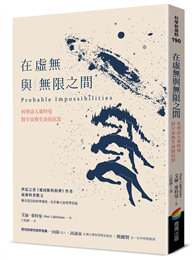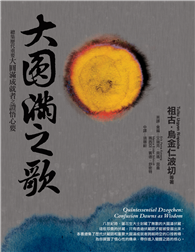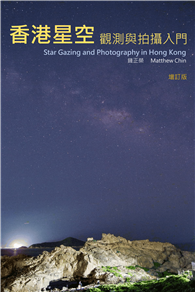Struggling for Time examines how time is used as a mechanism of control by the Israeli state and a site of mundane resistance among Palestinian agriculture professionals. Natalia Gutkowski unpacks power structures to show how a settler society lays moral claim on indigenous time through agrarian environmental policies, science, technologies, landscapes, and bureaucracy. Shifting the analysis of Israel/Palestine from land and space to time, she offers new insight into the operation of power in agrarian environments and develops a contemporary framework to understand land and resource grabs under temporal justifications.
Traveling across both policymaking arenas and Palestinian citizens’ agrarian fields, Gutkowski follows the multiple ways that state officials, agronomists, planners, environmentalists, and agriculturalists use time as a tool of collective agency. Through investigations of wetland drainage in Galilee, transformations in olive agriculture, sustainable agrarian development, and regulation of the shmita biblical commandment, the "year of release" for agricultural fields, this work highlights how Palestinian citizens’ agriculture has become a site for the state to settle and mediate time conflicts to justify its existence. As Struggling for Time demonstrates, time politics will take on ever greater urgency as societies and governments plan for an uncertain future in our era of climate change.












